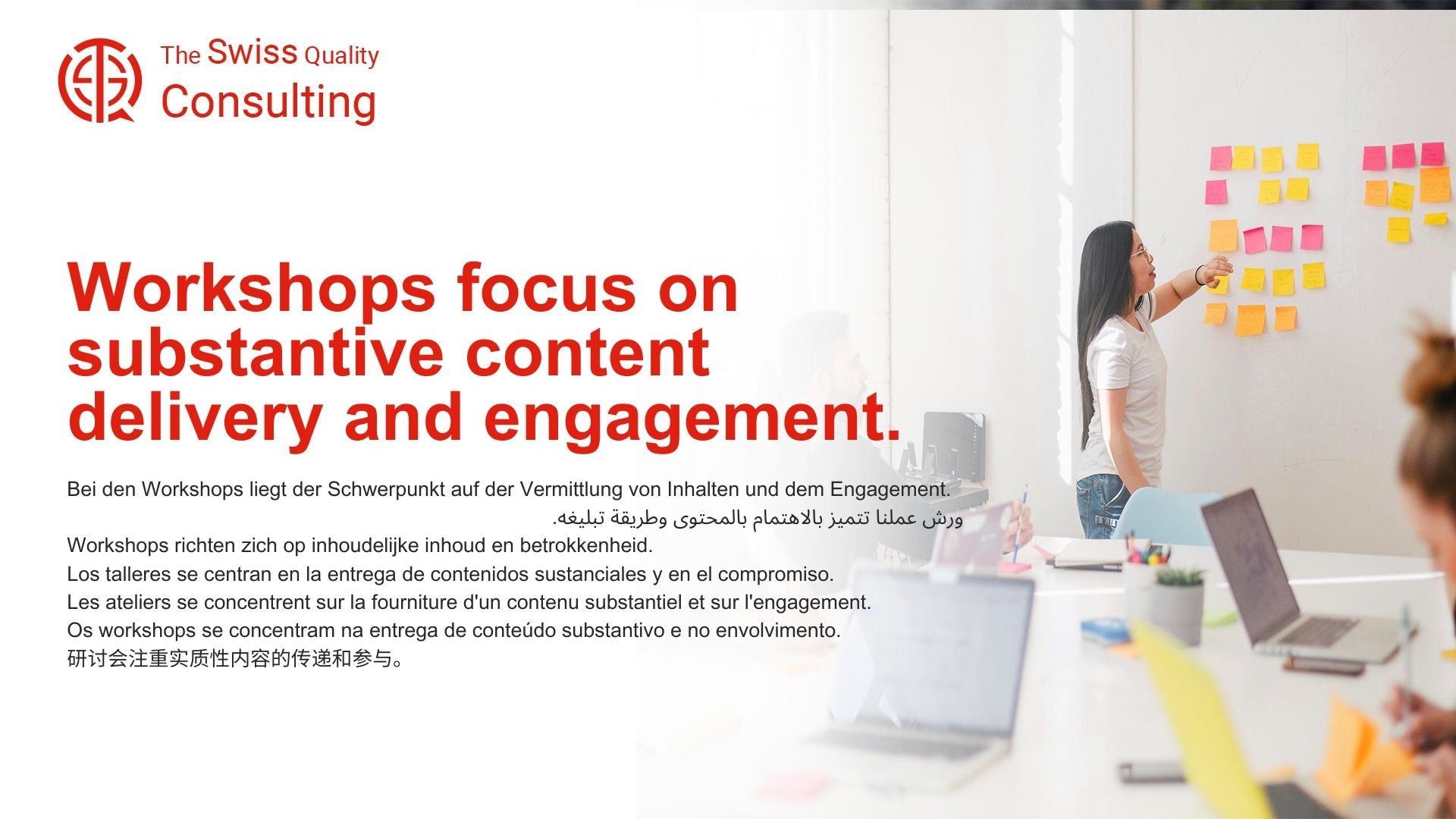How can AI-Powered Injection Molding change the molding industry?
Artificial intelligence (AI) is poised to revolutionize the injection molding process by equipping machines with the ability to independently perform tasks that typically require human intelligence. This transformation is expected to yield numerous advantages, including enhanced efficiency, improved quality, reduced scrap, and more effective data mining.
Efficiency
AI can streamline the injection molding process by automating tasks such as cycle time optimization, parameter selection, and mold temperature control. This automation can significantly reduce cycle times, leading to increased production output and overall efficiency. Additionally, AI algorithms can identify and eliminate inefficiencies in the process, further improving efficiency.
Quality
AI can enhance the quality of injection molded products by implementing real-time quality monitoring and defect detection. By analyzing sensor data and visual inspection images, AI systems can identify potential defects early in the process, allowing for corrective actions to be taken before the defective product is completed. This proactive approach can significantly reduce the number of defective products and improve overall quality.
Minimization of Scrap
AI can minimize scrap by predicting and preventing defects. By analyzing historical data and identifying patterns, AI algorithms can predict potential defects based on process parameters and material properties. This predictive capability enables operators to take preventive measures, such as adjusting process parameters or changing material suppliers, to avoid defects and minimize scrap.
-
Predictive Defect Detection
AI algorithms can analyze vast amounts of historical production data, including sensor data, process parameters, and quality metrics, to identify patterns and correlations that may not be apparent to human operators. By applying machine learning techniques, these algorithms can develop predictive models that can anticipate potential defects before they occur.
-
Real-time Monitoring and Alerting
AI systems can continuously monitor injection molding processes and utilize real-time data to detect deviations from expected behavior. When deviations are detected, the AI system can issue alerts to operators, allowing them to take immediate corrective actions to prevent defects from forming.
-
Parameter Optimization
AI algorithms can analyze historical data and real-time process parameters to identify optimal settings for achieving desired product quality while minimizing the risk of defects. By providing real-time recommendations for parameter adjustments, AI can help operators optimize the process and reduce scrap.
-
Material Selection and Supply Chain Optimization
AI systems can analyze historical data on material performance and supplier quality to identify trends and patterns that can inform material selection decisions. By recommending high-performance materials and reliable suppliers, AI can help manufacturers reduce the likelihood of defects and minimize scrap due to material issues.
-
Adaptive Control and Process Customization
AI algorithms can continuously adapt the injection molding process to changing conditions, such as material variations or environmental factors. This adaptive control capability ensures that the process remains optimized and defect-free even in the face of external influences.
-
Improved Data-driven Insights
AI systems can unlock the vast potential of data generated during the injection molding process, providing manufacturers with valuable insights into process performance, quality trends, and potential areas for improvement. These insights can guide informed decision-making and continuous process optimization.
By leveraging AI for scrap minimization, injection molding manufacturers can achieve significant benefits, including:
-
Reduced scrap costs: AI’s ability to predict and prevent defects directly translates into reduced scrap costs, saving manufacturers valuable materials and resources.
-
Improved product quality: By minimizing defects, AI ensures that products meet quality standards and customer expectations, leading to brand reputation enhancement and customer satisfaction.
-
Enhanced efficiency: AI’s predictive capabilities and proactive interventions can prevent downtime caused by defects, leading to improved overall efficiency and productivity.
-
Reduced environmental impact: Minimizing scrap reduces the consumption of materials and energy, contributing to a more sustainable manufacturing process.
As AI technology continues to advance, its potential to revolutionize the injection molding process and minimize scrap will only grow stronger. Manufacturers that embrace AI can gain a competitive edge, improve profitability, and enhance their sustainability practices.
Data Mining
AI can unlock the vast potential of data generated during the injection molding process. By analyzing sensor data, process parameters, and quality metrics, AI systems can identify trends and patterns that may not be apparent to human operators. This data-driven insights can be used to optimize process parameters, improve quality control, and identify areas for improvement.
Future Applications of AI-Powered Injection Molding
The integration of AI into injection molding is still in its early stages, but the potential applications are vast. In the future, AI is expected to be used for tasks such as:
- Predictive maintenance: AI can analyze sensor data to predict machine failures, enabling proactive maintenance and reducing downtime.
- Process optimization: AI can continuously optimize process parameters based on real-time data, ensuring maximum efficiency and product quality.
- Personalization: AI can personalize products by tailoring the injection molding process to specific customer requirements.
- Adaptive control: AI can adapt the process to changing conditions, such as material variations or environmental factors.
As AI technology continues to advance, its impact on injection molding is expected to grow exponentially. The resulting improvements in efficiency, quality, and waste reduction will drive innovation and growth in the plastics manufacturing industry.
#AIInjectionMolding #ManufacturingRevolution #AIInAction #PlasticsIndustry #SmartProduction #EfficientManufacturing #QualityControl #ScrapReduction




















